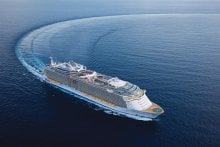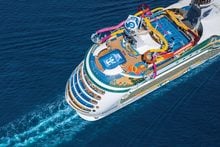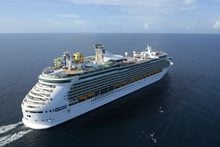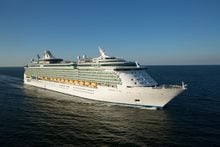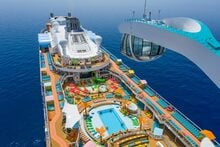The U.S. Centers for Disease Control and Prevention (CDC) extended its requirements for how cruise ships need to operate due to Covid-19, and the cruise industry has come out in support of the temporary extension.
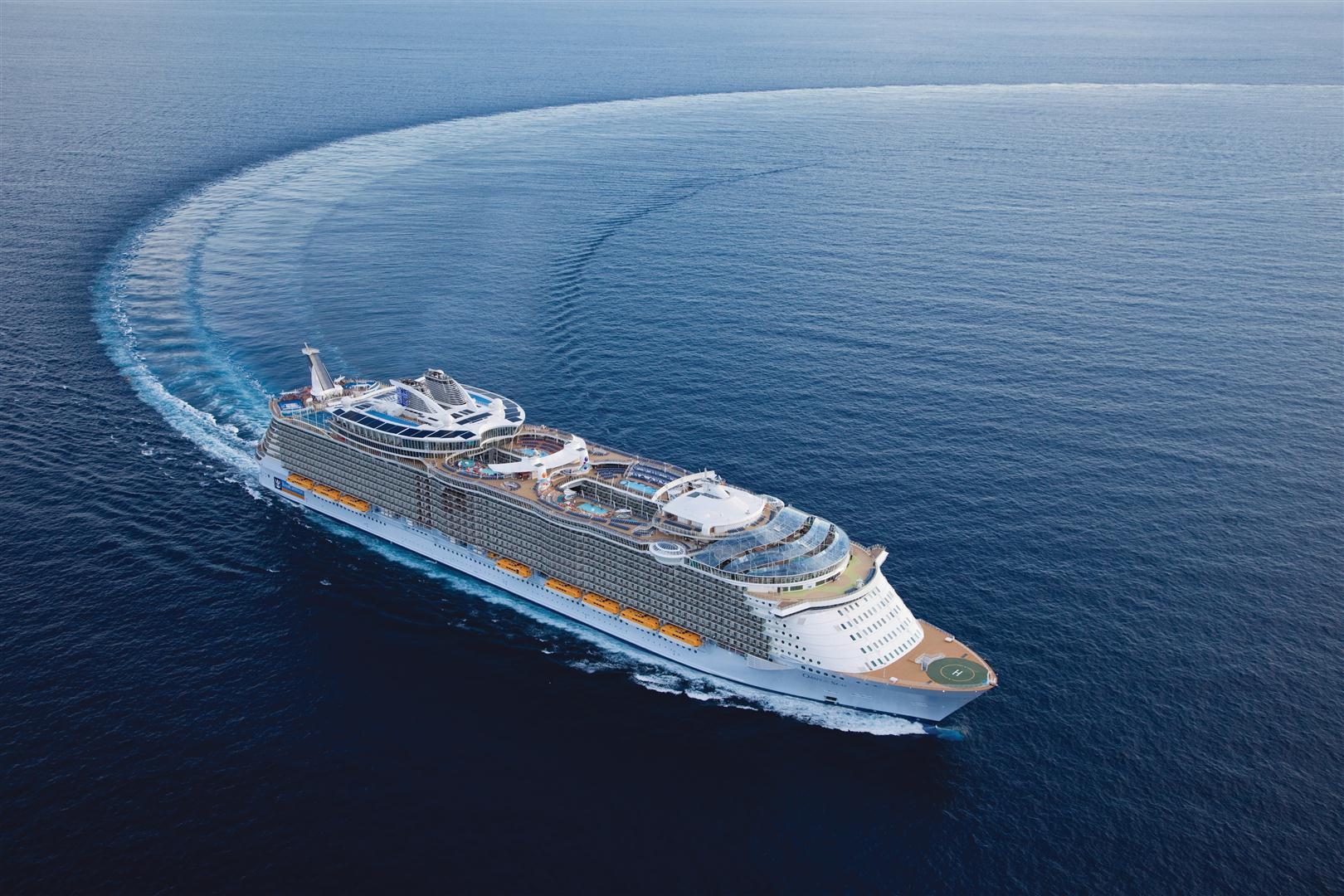
The extension means the Conditional Sailing Order (CSO) will continue to remain in effect between November 1 and January 15, 2022, but the CDC says it will then expire.
While the CSO was at one time a major thorn in the side of the cruise lines who were eager to restart operations, the CDC began allowing ships to sail in June 2021 and since then, it has largely become a mere formality for ships to be able to sail from all major and minor cruise ports in the United States.
The Cruise Lines Industry Association (CLIA) issued a statement in support of the CDC's decision, as it provides a means for the CSO to transition to a voluntary basis, "Cruising has successfully resumed in the United States, with leading public health measures that have enabled our ocean-going cruise line members to effectively mitigate the risk of COVID-19 amongst cruise passengers, crewmembers and destinations."
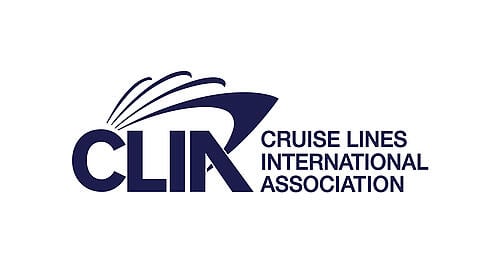
"The changes to the Framework for Conditional Sailing Order (CSO), announced today, show that the Biden Administration and the Centers for Disease Control and Prevention (CDC) recognize the cruise industry’s successful resumption of operations. We look forward to demonstrating the industry’s continued leadership in this final phase of the CSO, and to carrying out a smooth transition when the Order comes to an end on 15 January 2022."
In mid-January, the CDC says the CSO will transition to a voluntary program in which participation will be at the discretion of cruise lines.
"CDC wishes to stress that cruise ship participation in any future voluntary program would not be mandated; the scope and parameters of such a program would be subject to further discussion and information sharing; and cruise ship operators would be free to develop alternative pathways of detecting, mitigating, and controlling the spread of COVID-19 onboard cruise ships."

CLIA believes the industry is committed to a safe approach to cruising once that occurs, "The health and safety of cruise passengers, crewmembers and destinations remain the industry’s highest priority."
"CLIA ocean-going cruise line members will continue to be guided by science and the principle of putting people first as we work with the Administration and the CDC to expand on our progress and build additional confidence in cruising as one of the safest vacation options, during the pandemic and beyond."
In a statement to RoyalCaribbeanBlog, a Royal Caribbean Group spokesperson also supported the CDC's move, "As our phased approach to healthy return to service continues fleetwide, we are pleased by the decision of the CDC to end the Conditional Sail Order after a two-month extension until January 15, 2022."
"Royal Caribbean Group will continue to operate in accordance with protocols that prioritize the health and safety of our guests, crews and the communities we visit, as we have done successfully from the United States since June."
What does the Conditional Sailing Order require?

In a nutshell, the CSO laid out a phased approach for cruise ships to restart operations from the United States through a series of steps in order to get approval to sail.
Introduced in October 2020, the full set of rules were not fully unveiled until spring 2021, but they provided cruise lines with requirements to ensure their ships would not put crew, passengers or communities served by the ships under unnecessary risk to Covid-19.
Cruise lines had the choice of mandating at least 95% of their passengers and 98% of their crew members be fully vaccinated in order to restart cruises quicker, or run test cruises with volunteer passengers to ensure health protocols onboard were effective.
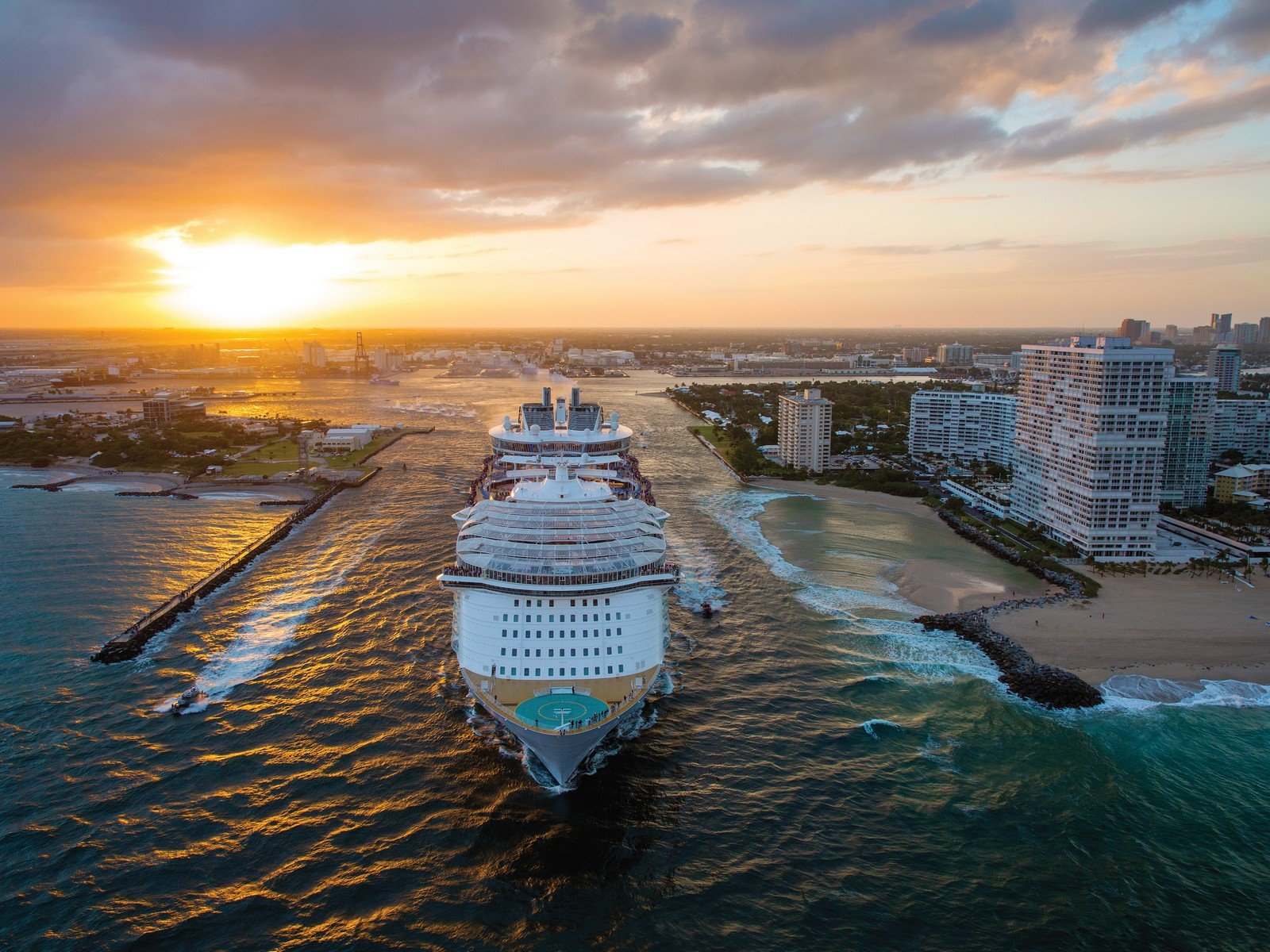
Cruise lines like Norwegian Cruise Line and Celebrity Cruises opted to mandate the vaccine, while Royal Caribbean and Disney Cruise Line chose the test cruise path in order to allow unvaccinated children onboard.
Royal Caribbean began test cruises in June 2021, and has successfully launched every one of its ships that has had to conduct a test cruise.
Simulated voyages applied a variety of new cruise line policies and rules to ensure they mitigate any potential spread of a virus onboard. Besides testing protocols, Royal Caribbean found the test cruises a good opportunity to prep the ship to return to service after many months of being shutdown.
The CDC now believes the protocols devised under the CSO has helped avert concerns it had earlier, "cruise lines, with CDC assistance, have resumed passenger operations and successfully developed and implemented health and safety protocols to manage COVID-19 that have averted overwhelming onboard medical facilities and burdening shoreside hospital resources"
Why the CDC extended the Conditional Sailing Order
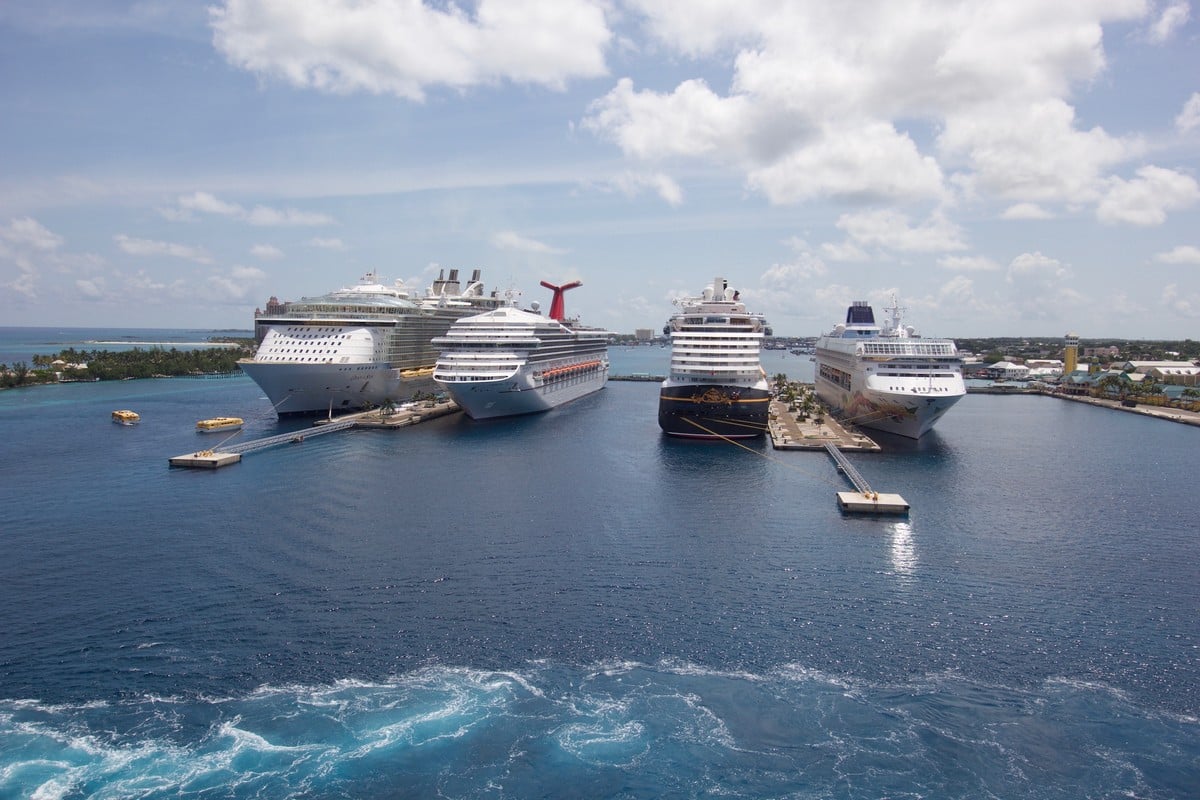
RoyalCaribbeanBlog reader smokeybandit reacted to the temporary extension by asking, "I want to know what difference another 75 days makes," which echoes many other cruise fans concerns about the CDC decision.
In the 54-page document the CDC issued regarding the CSO extension, it justified the temporary extension because of the upcoming winter season and anticipated increase in passengers and ships sailing from the United States.
"The winter season (November through January) has historically been the most active cruising season in the Caribbean and Central America, involving travel to countries currently listed by CDC as being under COVID-19 travel health notices where cruise ship travelers may be at increased risk for acquiring and subsequently introducing COVID-19 variants into the U.S.
"Additionally, cruise ship operators have informed CDC of their intended plans to increase the number of ships operating in U.S. waters this fall and winter."
The CDC added it was not "feasible" to pause the CSO in order to get a comment period, noting it would be "impracticable and contrary to the public interest."


